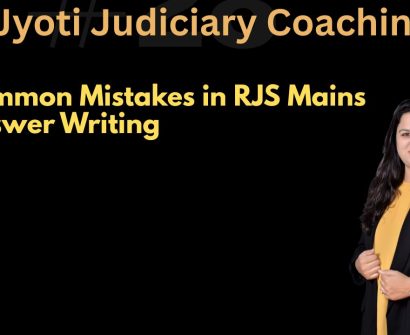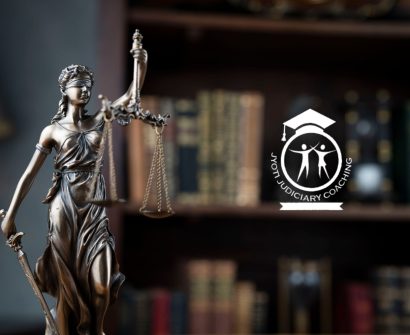
It has been a well known fact that, no work can be done in solace and every person needs a hand to give shape to any work. In the wording of law the crime or any act can be done in solace or in group with help of the other group members. It may happen that one person is actually doing the act, and the others are merely providing him with the help with the arms or anyhow and encourage them to commit the act. In a situation where the person encourages the other person to commit any crime it will be amounting to abetment and the person who is encouraging the person to commit a crime will be known as abettor.
According to the Punjab High Court in Case of Kartar Singh v/s state of Punjab (1994 cri ljj 3139):-
“under the penal code a person becomes liable as an abettor if he instigates another to commit a crime, or engages in a conspiracy with another to commit a crime and some act is done in furtherance of such conspiracy or if he intentionally aids another in order to facilitate the commission of a crime. The term ‘abet’ in general usage means to assist, advance, aid, conduce, help and promote. The word ‘abet’ has been defined as meaning to aid; to assist or to give aid; to command, to procure, or to counsel; to countenance; to encourage; induce, or assist, to encourage or to set another one to commit”
When looked in the provisions of Indian penal code, chapter 5 of the act deals with with the concept of “of abetment”, which has been dealt under section 107-120. The whole law regarding the abetment and the punishment and the consequences thereof has been dealt with, in the chapter of the Indian penal code.
According to the provisions of the act, the person will be liable for the act of abetment if he/she;
- Instigates any person to do that thing;
- Engages with one or more person or persons in any conspiracy for the doing of that thing, if an illegal omission takes place in pursuance of that conspiracy, and in order to the doing of that thing; or;
- Intentionally aids, by any act or illegal omission, the doing of that thing.
If a person is found guilty for any of the above acts, he will be liable for abetment, and the quantum of the punishment will be same as it would have been in the case of doing the act itself.
When we talk about the English law, the criminals have been divided into four classes, which are as follows:-
- Principle in the first degree, who are the one who actually committed the crime.
- Principle in the second degree, the one who ads and abets the person who committed the crime at the very time of its commitment.
- Accessory before the fact, the one who being absent at time of commitment of the crime offence procures, counsels, commands or abets another to commit it.
- Accessory after the fact, the one who knows that the offence has been committed and receives, relieves comfort or assists the offender.
Under the Indian law, the accessories after the fact are known as “horborers” of offender, and punished as such. The term “harbor” is defined under section 52A of the code of civil procedure.
Abetment under the Indian laws can be done by certain ways, which are as follows:-
- Abetment by instigation, where a person encourages or provokes a person do any act or omission which will result in the criminal act, by any direct or indirect means, which will include the signs, signals or any gesture which will be done due to which the criminal will be instigated.
- Abetment by conspiracy, where a person enters into agreement with one or more person for the commitment of a crime.
- Abetment by aid, where a person provides arms and other help to the person who is involved in the commitment of the crime. It will also involve any act, which is done to destroy the evidences or provide help to the criminal once the crime has been committed due to the abetment. It has to be seen here that:-
- The act of aid which has been provided should have been den intentionally.
- The aid has been provided prior or at time of the commission of the offence which have been abetted.
The person who is abetting the act, will be held liable for the abetment, even if the act abetted is not directly committed by him, it has to be proved here that the abetment of the ct has been done and the person who is liable for the abetment will be equally guilty of the act, as the person who has committed the act.
By Shradha Sharma









